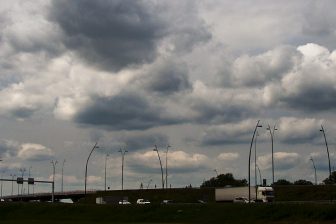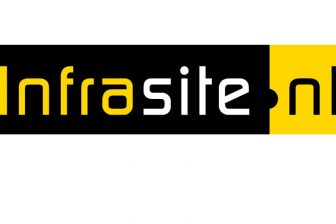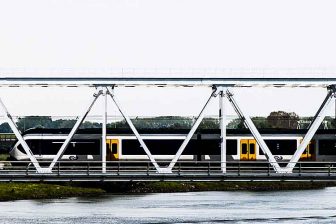EU transport policy: success or failure?
EU transport policy: on the right track?
Brussels, Belgium – A "mid-term" report into the European Union’s decade-long transport policy has painted a mixed picture of progress and identified important steps the Union needs to take over the next 5 years. At a Conference held in Parliament on Monday 2007-02-26 MEPs and national MPs considered both the Commission’s mid-term review and a draft report by Hungarian member Etelka Barsi-Pataky of the European People’s Party.
Mid-term review, so far so good?
The essential aim of the original policy rested on three main objectives:
- Firstly, to try and move transport in the EU towards more efficient and environmental forms of transport such as rail and maritime navigation;
- Secondly, it wanted to make transport systems more "inter-connected" throughout Europe, for example by ensuring trains could run across different national networks;
- Finally, the policy aimed for technological innovation to help make this possible. The Galileo satellite project for tracking goods being the most high-profile example.
In its White Paper the Commission points to some successes over the last few years. These include opening the rail network to competition, establishing several "Trans-European Networks", the Creation of the "Single European Sky" for aircraft and the strengthening of air passenger’s rights.
"Transport must be adapted"
However, the world has moved on from 2001. The EU was then 15 states – today it stands at almost double that number with 27. In addition, the acceleration of globalisation and the threats of terrorism and global warming have changed the international situation. The ever-increasing use of energy and where that resource will come from is another growing issue. The transport sector in the EU accounts for 30% of total energy consumption in the EU, with 98% of oil being imported.
Opening the Hearing the Chair of the Transport Committee Paolo Costa said that "transport must be adapted" to cope with these new challenges. Mr Costa went on to voice concern that not enough focus was being put on changing the "mode" of European travel away from unsustainable and polluting transport to cleaner ones like rail. He warned against over-reliance on technology saying that "technology alone cannot solve the current and foreseen problems".
In her report Ms Barsi-Pataky said "the European Parliament is not satisfied with the progress of the European transport policy". She favours increasing interconnectivity, enforcing existing transport legislation, more investment and more efficient use of all modes of transport.
How can the EU improve?
This approach is broadly backed by the European Commission which has grouped action for the next 5 years into four main categories: "sustainable mobility", "protection", "innovation" and an "international dimension".
Under mobility they advocate practical steps such as removing technical barriers that make it difficult for train companies to operate across borders, completing the "Single European Sky" project and promoting Europe’s inland waterways
For protection they advocate the extension of passenger rights in all forms of transport. This concept has already ensured that delayed air passengers receive compensation from carriers. Protection would also apply to the environment with measures to tackle pollution from noise and CO2 emissions.
Under innovation "Intelligent Transportation Systems" should be developed using the Galileo satellite system. This would involve using technology that would help ease the flow of traffic at congested points on Europe’s motorways by relaying information on alternative routes.
Finally, as EU companies control 30% of global air transport and 40% of maritime fleets it is vital the Union works with the international community to cope with a changing global environment.
U las zojuist één van de gratis premium artikelen
Onbeperkt lezen? Profiteer nu van de introductieaanbieding voor € 10,- per maand.
Bent u al abonnee?



